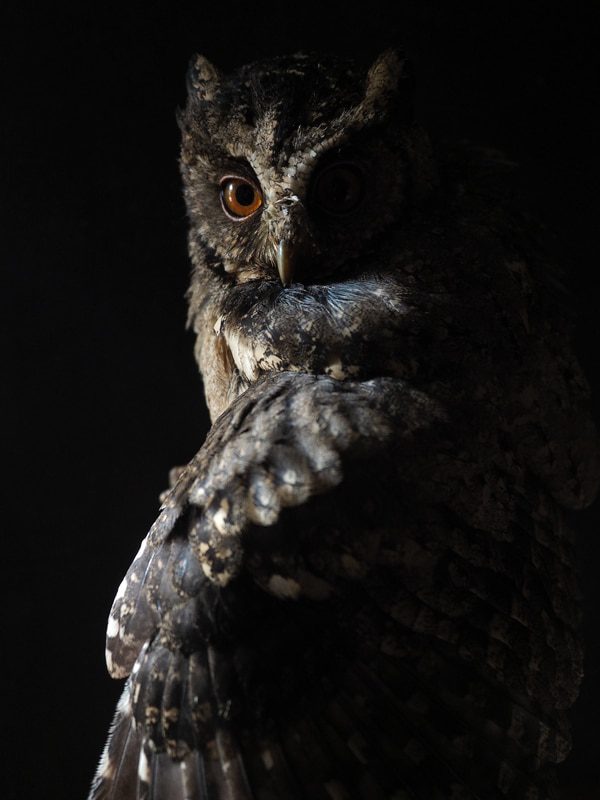
Do you find yourself tinkering around during the wee hours of the night? Would you say you’re more productive when the sun goes down? Or is your mind more alert when the rest of the world is fast asleep? Well, hoot-hoot! You must be a night owl.
While one might argue that night owls tend to be more intelligent, creative and free-spirited, studies have shown that people who stay active later at night may face more health and mental risks.
Let’s explore three reasons why burning the midnight oil (or just binge-watching the latest Netflix series every night until 3 a.m.) can be detrimental to your mental health.
Reason #1: Night Owls Are More Prone to Unhealthy Habits
If you’re a night owl, there’s a biological reason why you can’t fall asleep early. Your circadian rhythm determines your sleeping schedule, controlling sleeping and waking up.
Although there’s nothing inherently wrong with being a night owl, recent studies have discovered that individuals who stay up late have higher body fat levels and a higher risk of developing health problems, such as diabetes and low muscle mass, than early birds.
Moreover, staying awake late at night may lead to poor sleep quality, which can pave the road for harmful behaviors such as an inactive lifestyle, consuming alcohol and eating unhealthy late-night snacks. As a result, night owls are at an even greater risk of depression than early birds.
Reason # 2: Night Owls May Get Less Sleep and Become More Irritable
Night owls aren’t sleepers; they are sleep-delayers. They try to sleep as late as possible and thus sleep less than their early bird counterparts.
In a study by the University of Liege in Belgium, night owls averaged 4 hours 27 minutes sleep compared to 7 hours 31 minutes for morning larks. The sleep of night owls was fragmented, leading to sleep deprivation. When sleep-deprived, you tend to become more irritable, especially when dealing with people in the morning.
There is also a growing body of evidence that sleep quality impacts mood, memory and thinking skills. As sleep debt increases, so do anxiety and depression. Eventually, those consequences will have long-lasting effects on different aspects of your life, such as your job and relationships.
Reason # 3: Night Owls Receive Less Social Support Compared to Early Birds
New research has revealed that individuals who are more awake and productive at night are frequently out of sync with typical work or school schedules and are seen as lazy or rude. As a consequence of their odd routines, night-owls receive less social support than morning people, who are associated with better well-being.
A study published in the Journal of Sleep Research found that morning larks receive higher levels of social support and are more satisfied in their social interactions.
According to the researchers, lower happiness levels among night owls result from less natural light and insufficient sleep. They discovered, however, that social support is a strong predictor of health and well-being. Because night owls may find it more challenging to be functional in the morning, other people may perceive them to be grumpy, lazy or ill-mannered, consequently leading them to have less social support.
Ways to Improve Your Sleeping Habits
If you want to try sleeping earlier and see what it’s like to be an early bird, here are some ways to make the Sandman come quicker:
- Have a consistent bedtime routine.
- Make minor adjustments to your sleeping schedule.
- Avoid technology before bedtime.
- Melatonin (Make sure to check with your doctor first).
- Exercise during the day to boost energy levels.
- Avoid drinking caffeine late in the day.
If none of these tips seem to work and you still have trouble sleeping, don’t be afraid to seek help from a professional. But of course, that’s only if you want to quit your night owl tendencies! However, if you’re perfectly happy as a night owl, then carry on and do what you feel works best for your overall well-being!





0 Comments